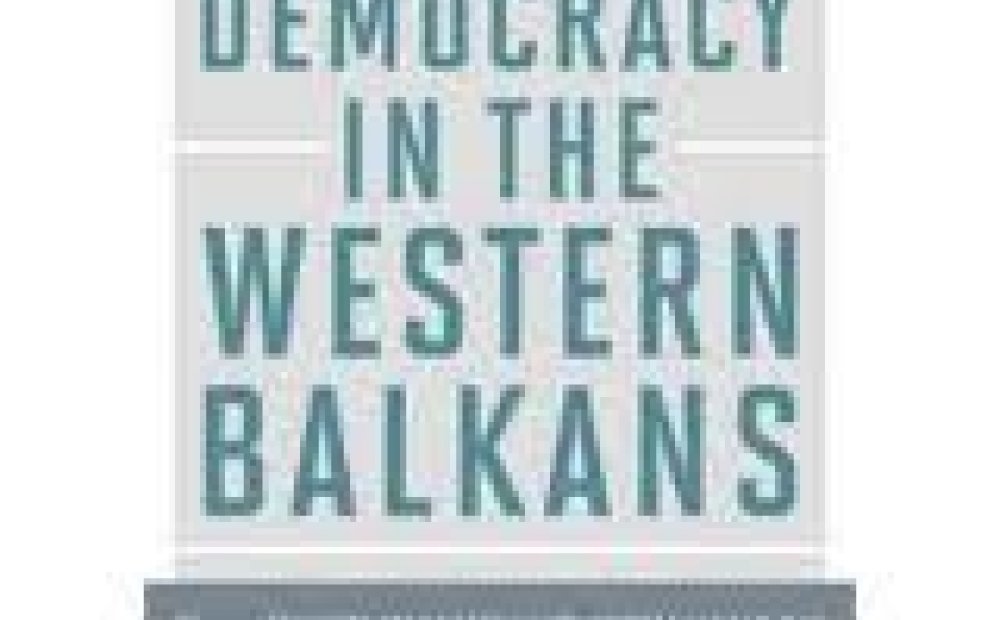Embracing Democracy in the Western Balkans

In struggling to find a viable US policy to deal with the conflict in Libya, President Obama recently observed that his administration sought to "prevent a repeat of something like what occurred in the Balkans in the '90s," referring to Western inaction while regional warfare and massacres took place. Policy makers in Washington and around the world will also need to consider the lessons of the “Balkan syndrome” when they formulate policies that address the exceptionally difficult post-conflict and post-transition phases of regime change and democracy-building, a process that is only just beginning in other parts of North Africa and the Middle East.
Lenard J. Cohen, professor emeritus at Simon Fraser University and John Lampe, Professor of History, University of Maryland, College Park, and Wilson Center senior scholar discuss their new book entitled Embracing Democracy in the Western Balkans which explores the complex and challenging facets of state-building and nation-building in weak states with little democratic experience and daunting socio-economic problems. It is the first study to comparatively treat the seven states of the Western Balkans -- that is, the six counties that previously were parts of now disintegrated Yugoslavia, along with Albania -- over the 15 year period since the end of the war in Bosnia.
Individual chapters carefully and comparatively analyze the legacies of communist one-party rule; the evolution, features, and dynamics of constitutional frameworks; efforts to establish uncorrupted and responsive public administration; the civic engagement and role of nongovernmental organizations, gender, and the media in political life; the transformation and role of political parties, the social basis of democratic development including the changing composition and impact of middle classes, the conflict between liberal and illiberal values, and the important dimension of economic change and reform. The final sections of the book provide an overview of successes and remaining obstacles to democratic consolidation in the Balkans, look ahead to the regions probable but very gradual entry into the European Union, and identifies the principal post-authoritarian lessons that can prove useful for other regions.
Speakers

Professor Emeritus, Department of History, University of Maryland, College Park
Hosted By

Global Europe Program
The Global Europe Program is focused on Europe’s capabilities, and how it engages on critical global issues. We investigate European approaches to critical global issues. We examine Europe’s relations with Russia and Eurasia, China and the Indo-Pacific, the Middle East and Africa. Our initiatives include “Ukraine in Europe”—an examination of what it will take to make Ukraine’s European future a reality. But we also examine the role of NATO, the European Union and the OSCE, Europe’s energy security, transatlantic trade disputes, and challenges to democracy. The Global Europe Program’s staff, scholars-in-residence, and Global Fellows participate in seminars, policy study groups, and international conferences to provide analytical recommendations to policy makers and the media. Read more


History and Public Policy Program
A leader in making key foreign policy records accessible and fostering informed scholarship, analysis, and discussion on international affairs, past and present. Read more
